Braeburn Capital, an Apple subsidiary in Reno, Nev., manages and invests the company’s cash. Nevada has a corporate tax rate of zero, as opposed to the 8.84 percent levied in California, where Apple has its headquarters.
Yet, with a handful of employees in a small office here in Reno, Apple has done something central to its corporate strategy: it has avoided millions of dollars in taxes in California and 20 other states.
Apple’s headquarters are in Cupertino, Calif. By putting an office in Reno, just 200 miles away, to collect and invest the company’s profits, Apple sidesteps state income taxes on some of those gains.
California’s corporate tax rate is 8.84 percent. Nevada’s?
Zero.
Setting up an office in Reno is just one of many legal methods Apple uses to reduce its worldwide tax bill by billions of dollars each year. As it has in Nevada, Apple has created subsidiaries in low-tax places like Ireland, the Netherlands, Luxembourg and the British Virgin Islands — some little more than a letterbox or an anonymous office — that help cut the taxes it pays around the world.
Almost every major corporation tries to minimize its taxes, of course. For Apple, the savings are especially alluring because the company’s profits are so high. Wall Street analysts predict Apple could earn up to $45.6 billion in its current fiscal year — which would be a record for any American business.
Apple serves as a window on how technology giants have taken advantage of tax codes written for an industrial age and ill suited to today’s digital economy. Some profits at companies like Apple, Google, Amazon, Hewlett-Packard and Microsoft derive not from physical goods but from royalties on intellectual property, like the patents on software that makes devices work. Other times, the products themselves are digital, like downloaded songs. It is much easier for businesses with royalties and digital products to move profits to low-tax countries than it is, say, for grocery stores or automakers. A downloaded application, unlike a car, can be sold from anywhere.
The growing digital economy presents a conundrum for lawmakers overseeing corporate taxation: although technology is now one of the nation’s largest and most valued industries, many tech companies are among the least taxed, according to government and corporate data. Over the last two years, the 71 technology companies in the Standard & Poor’s 500-stock index — including Apple, Google, Yahoo and Dell — reported paying worldwide cash taxes at a rate that, on average, was a third less than other S.& P. companies’. (Cash taxes may include payments for multiple years.)


 Dr. Burry who suffers from
Dr. Burry who suffers from 

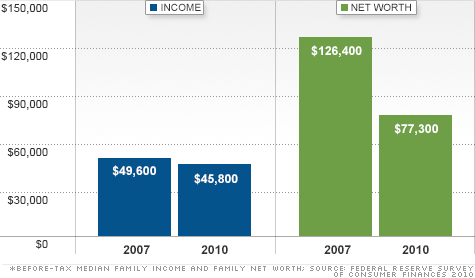
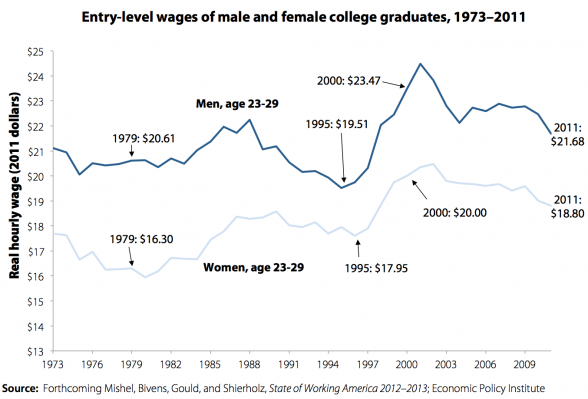
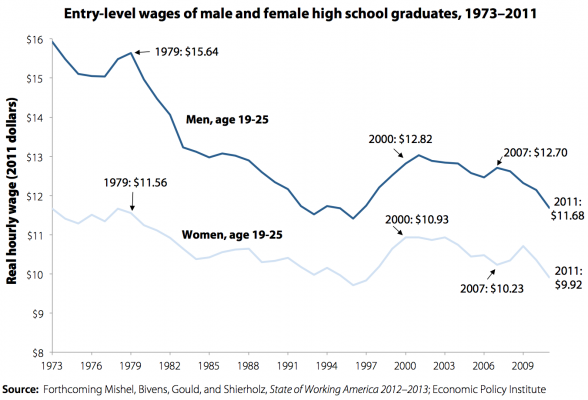

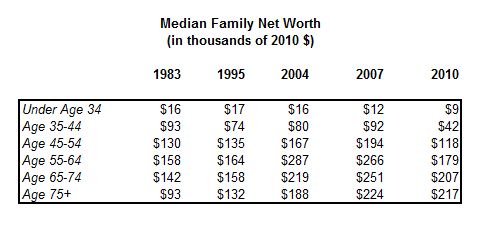
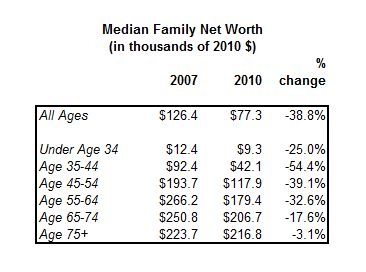

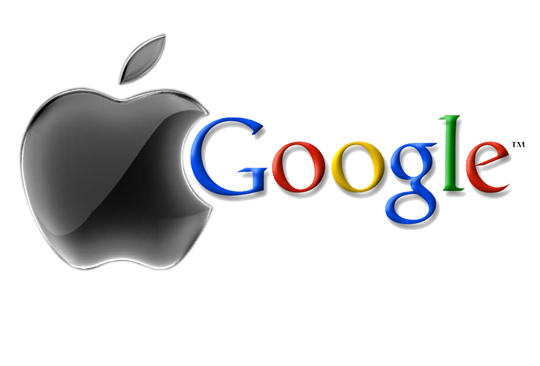 The funniest thing to me about the growing brewhaha over Google and now Apple's perfectly legal
The funniest thing to me about the growing brewhaha over Google and now Apple's perfectly legal 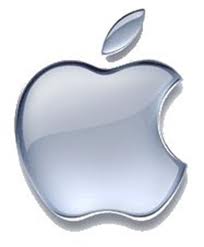
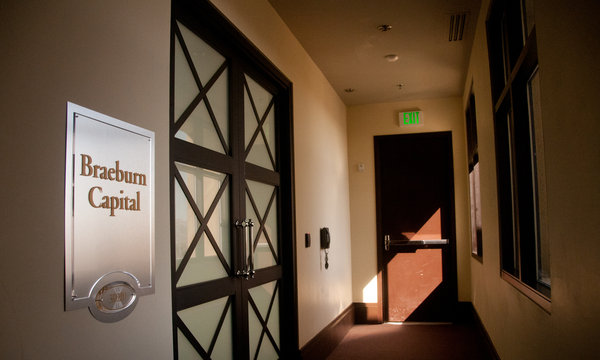

























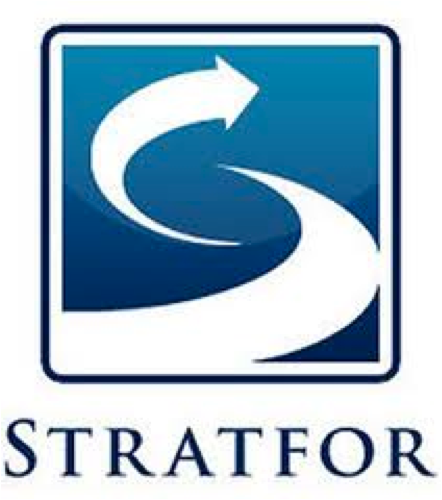




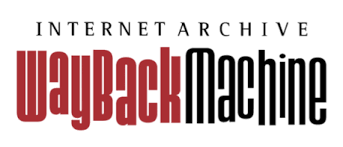














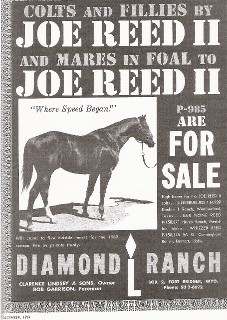


![[Most Recent Quotes from www.kitco.com]](http://www.kitconet.com/charts/metals/gold/t24_au_en_usoz_2.gif)




![[Most Recent Quotes from www.kitco.com]](http://www.kitconet.com/charts/metals/silver/t24_ag_en_usoz_2.gif)





